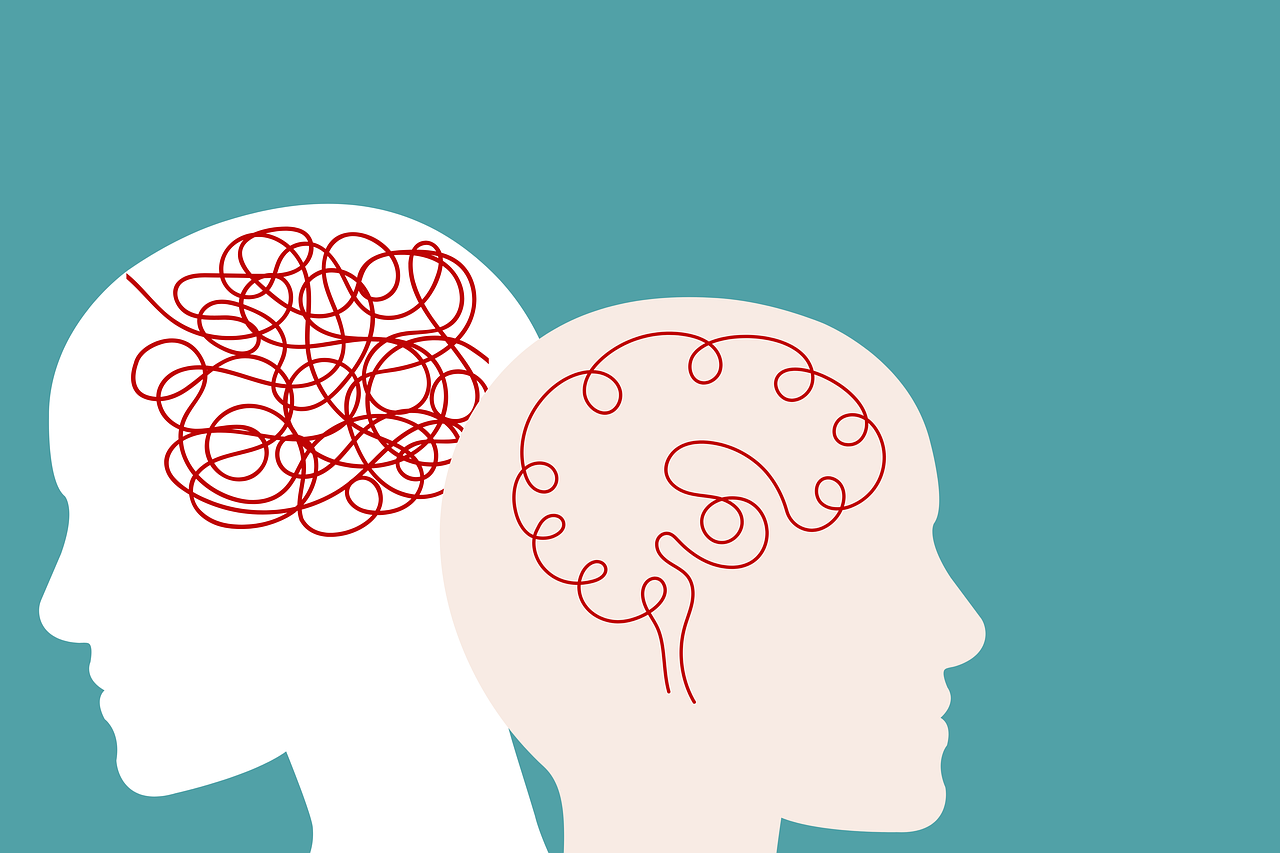Obsessive Compulsive Disorder Treatment
What is Obsessive Compulsive Disorder?
Obsessive-Compulsive Disorder (OCD) is a personality disorder that affects people of all ages and backgrounds. It typically involves two primary components:
- Obsessions: Persistent and intrusive thoughts, images, or urges that cause anxiety or discomfort.
- Compulsions: Repetitive behaviors or mental acts performed to neutralize the distress caused by obsessions.
These cycles of obsessions and compulsions can consume hours of a person’s day, interfering with work, relationships, and quality of life. Without proper treatment, OCD can become progressively more challenging to manage.
Symptoms of OCD
OCD symptoms vary widely but generally fall into the categories of obsessions and compulsions.
Common Obsessions:
- Fear of contamination from germs, dirt, or illness.
- Distressing thoughts about harm, violence, or taboo topics.
- An overwhelming need for symmetry, order, or exactness.
- Doubts about completing tasks correctly, such as locking a door or turning off appliances.
Common Compulsions:
- Excessive handwashing, cleaning, or sanitizing.
- Checking repeatedly to ensure tasks are completed or objects are secure.
- Arranging items in a specific order or symmetry.
- Counting, tapping, or repeating words silently to alleviate anxiety.
These behaviors provide temporary relief from anxiety but often reinforce the obsessive-compulsive cycle, making it harder to break without treatment.
Diagnosing OCD
Diagnosing OCD requires a thorough evaluation by a mental health professional. At The Wellness Institute of Southern Nevada, we assess symptoms, their duration, and the extent to which they interfere with daily functioning. Using evidence-based diagnostic criteria, we differentiate OCD from other anxiety disorders or conditions with overlapping features, such as generalized anxiety disorder or specific phobias.

My Approach To Obsessive Compulsive Disorder Treatment

Lorem ipsum dolor sit amet, consectetur adipiscing elit. Ut elit tellus, luctus nec ullamcorper mattis, pulvinar dapibus leo.
Obsessive Compulsive Disorder FAQ
What is a person with OCD like?
A person with OCD often experiences intrusive thoughts (obsessions) that cause significant anxiety and engages in repetitive behaviors or mental rituals (compulsions) to alleviate that distress. They may feel trapped in a cycle of obsessive thoughts and compulsive actions, which can interfere with daily life.
Does OCD go away?
OCD is a chronic condition that typically does not go away on its own, but it can be effectively managed with treatment. Therapy, medications, and lifestyle changes can significantly reduce symptoms and improve quality of life.
What is the root cause of OCD?
The exact cause of OCD isn’t fully understood, but it is believed to result from a combination of genetic, neurological, and environmental factors. Abnormalities in brain chemistry, particularly involving serotonin, and a family history of OCD may increase risk.
Does OCD get worse with age?
OCD can worsen over time, especially if left untreated, with symptoms becoming more severe or frequent. Stress, major life changes, or co-occurring mental health conditions can exacerbate the disorder.
Obsessive Compulsive Disorder Treatment Options
OCD is a treatable condition, and most individuals experience significant improvement with the right interventions. At The Wellness Institute of Southern Nevada, we offer personalized Obsessive Compulsive Disorder treatment plans that may include therapy, medication, or a combination of both.
Cognitive Behavioral Therapy (CBT)
CBT, specifically a form called Exposure and Response Prevention (ERP), is the gold standard for Obsessive Compulsive Disorder treatment. ERP involves gradually exposing individuals to their triggers while helping them resist the urge to perform compulsions. Over time, this approach reduces anxiety and weakens the obsessive-compulsive cycle.
Medication Management
Medications, such as selective serotonin reuptake inhibitors (SSRIs), can help regulate the brain’s serotonin levels, alleviating OCD symptoms. Common SSRIs prescribed for OCD include fluoxetine, sertraline, and fluvoxamine. Our nurse practitioner works closely with clients to find the most effective medication and dosage while monitoring for side effects.
Mindfulness and Relaxation Techniques
Mindfulness practices can help individuals manage anxiety by focusing on the present moment rather than engaging with intrusive thoughts. Techniques such as deep breathing, meditation, or progressive muscle relaxation complement other treatments and promote overall mental well-being.
Lifestyle Modifications
Lifestyle changes can play a supportive role in Obsessive Compulsive Disorder treatment strategies. Maintaining a regular sleep schedule, exercising, and reducing stress through hobbies or social connections can improve resilience against triggers. Avoiding excessive caffeine and alcohol is also recommended, as these substances can exacerbate anxiety.
Take the First Step Toward Relief
Living with OCD can feel overwhelming, but it doesn’t have to define your life. Effective Obsessive Compulsive Disorder treatment is available, and with the right support, it’s possible to manage symptoms and regain a sense of balance. If you or a loved one is struggling with OCD, don’t hesitate to seek help.
Contact The Wellness Institute of Southern Nevada today to schedule a consultation. Serving Henderson and Las Vegas, we are here to guide you on your journey toward healing and well-being.

